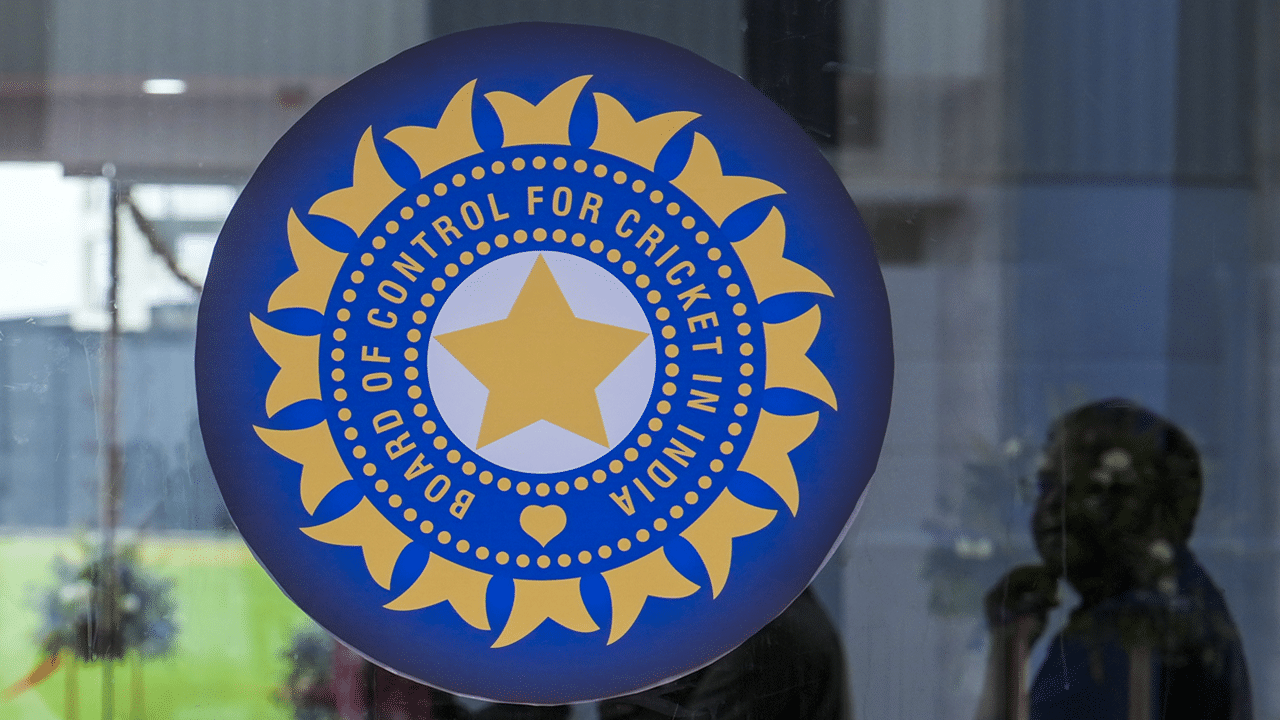In what comes as a massive relief for the Board of Control for Cricket in India (BCCI), the Sports Ministry has amended the RTI-related provision of the National Sports Governance Bill. According to the amendment, the government has placed only those bodies under its ambit which rely on government grants and assistance and BCCI doesn’t fall in that category unlike a majority of other National Sports Federations (NSFs).
Clause 15 (2) of the the bill, which was tabled in the Lok Sabha by Sports Minister Mansukh Mandaviya on July 23, stated that “a recognised sports organisation shall be considered as a public authority under the Right to Information (RTI) Act, 2005 with respect to the exercise of its functions, duties and powers under this Act.”
Since the presentation was the bill, the RTI has become a sticky problem for the BCCI, which has been unwilling to come under it as the Board is not dependent on government funds.
Massive relief for BCCI
“The amended clause defines public authority as an entity that is relying on government funds or assistance. With this amendment, there is a clear definition of what is a public authority,” a well-placed source told PTI.
“If this had not been done, it would have been a grey area that could have led to the bill getting held up or being challenged in court. So anything that involves public money will come under RTI. It defines the specifics,” the source added.
“And even if a national sports body is not taking government funds, it can still be questioned if government assistance of any kind is involved in the conduct or operation of its events. Because government assistance is not merely funds, it is also about infrastructure,” he explained.
After the Bill was tabled, the BCCI refused to comment on the provisions and said that they will only react after studying it thorougly.
The BCCI, though, will have to register itself as an NSF, once the bill becomes an act, because of cricket’s inclusion as an Olympic sport, at the Los Angles 2028 Games. The most followed sport in India will make its debut in LA28 in the T20 format.
The bill gives powers of a civil court to the National Sports Tribunal, which will decide disputes ranging from selection to election involving federations and athletes. The Tribunal’s decisions can only be challenged in the Top Court.
(With PTI Inputs)
